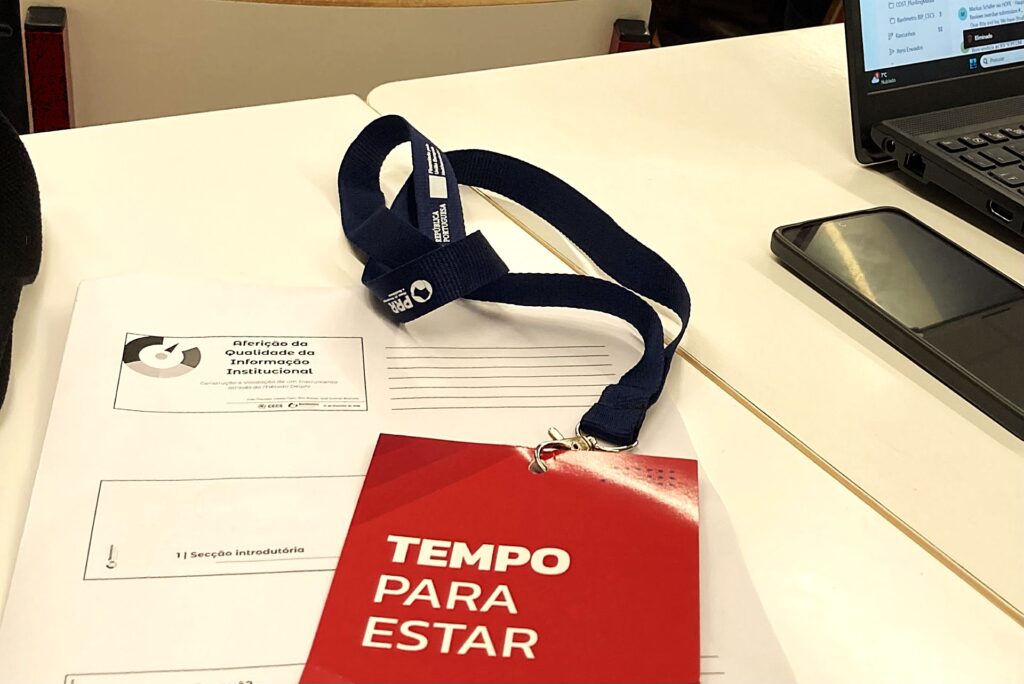Survey
How would you assess the quality of the information conveyed by the adverts shown on Portuguese TV this Christmas?
have contributed 60 respondents
Barometer for Information Quality
In a context of growing information volume and circulation, it is essential to understand and assess the quality of this information. BIP emerges as a response to this challenge, offering a structured and well-grounded approach to analysing how information is perceived and made available to society.
About BIP


Latest News

2 min
Assessing information quality at the heart of BIP presentations at the XIV Sopcom Congress
The three working groups of the Barometer for Information Quality (BIP) were part of the programme of communications at the XIV Sopcom Congress: Communication and […]
Read More
3 min
Fact-checking and the quality of journalism
Fact-checking is an indicator of journalistic quality, applied during the news production process, for example, to claims or information disseminated by different social actors. Recently, […]
Read More
2 min
The “difficult situation” of press freedom and its consequences for the quality of journalism
In 2025, press freedom is in a “difficult situation”, according to the World Press Freedom Index published by Reporters Without Borders. For the first time […]
Read MoreBIP Objectives
Learn MoreDiagnose
Map the quality of information by consulting citizens and analysing the data made available to them to diagnose the aspects that undermine its credibility.
Transform
Transform the relationship between audiences and information producers, fostering higher standards, rigour, and accuracy—key pillars of quality information.
Intervene
Elevate public discussion on information quality by intervening with content producers, particularly the media, and audiences, to deepen the sharing of knowledge about communication and information processes.










